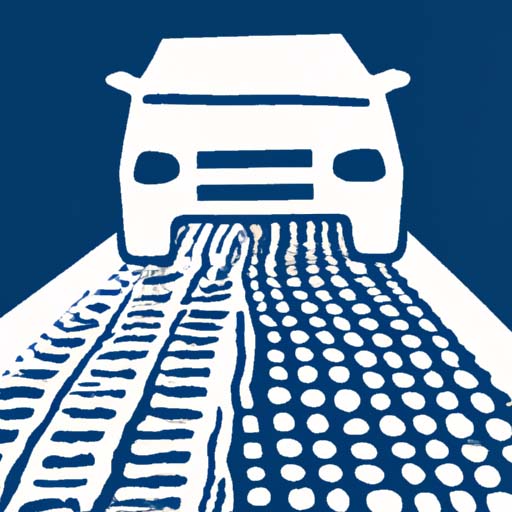In today’s modern world, cars have become an integral part of our daily lives. From commuting to work to road trips with friends, cars have not only transformed transportation but have also left their indelible mark on popular culture. They have become symbolic icons, representing status, freedom, and adventure. This article delves into the fascinating relationship between cars and popular culture, exploring how cars have shaped our cultural landscape. From movies to songs, we will examine the significant role that cars have played and continue to play in popular culture.
The Birth of an Icon: Cars in Movies
Movies have long been a powerful medium for storytelling and capturing the imagination of audiences worldwide. And when it comes to cars, the silver screen has given birth to numerous iconic vehicles that forever etched their names in popular culture. From the sleek and mysterious Aston Martin in James Bond films to the timeless DeLorean DMC-12 in the “Back to the Future” franchise, cars have become protagonists in their own right.
Not only do cars play a crucial part in plotlines, but they also evoke emotions and create memorable moments. Who can forget the thrilling car chase scenes in “Bullitt” or the adrenaline-pumping race sequences in “The Fast and the Furious” series? Cars have taken on personas, becoming extensions of the characters who drive them, and leaving a lasting impact on viewers.
The Soundtrack of Wheels: Cars in Music
Music has a magical ability to transport us to different times and evoke emotions we may have long forgotten. And when it comes to cars, they have inspired countless songs that have become anthems for driving and the open road. Whether it’s Bruce Springsteen’s “Thunder Road” or Queen’s “I’m in Love with My Car,” cars have served as lyrical muses for musicians of all genres.
Furthermore, cars have provided inspiration for whole genres of music. Take, for example, the birth of rock ‘n’ roll, which was closely associated with the rise of the automobile culture in the 1950s. Songs like Chuck Berry’s “Maybellene” and Elvis Presley’s “Baby, Let’s Play House” captured the spirit of rebellion and freedom that cars represented during that era. The beat and rhythm of these songs mirrored the pulse of the open road, creating a soundtrack for a generation of car enthusiasts.
Cars as Cultural Signifiers
While cars undoubtedly are modes of transportation, they are also powerful cultural signifiers. The type of car one drives can convey one’s tastes, values, and social status. For example, luxury car brands like BMW or Mercedes-Benz are often associated with wealth and success, while eco-friendly electric cars such as Tesla’s models are often seen as indications of being environmentally conscious.
Moreover, car enthusiasts form vibrant communities, where shared interests and passions come together. From car shows to online forums, car culture is a thriving subculture that extends beyond merely owning a vehicle. It becomes a way of life, a language that connects people from diverse backgrounds.
The Future of Cars in Popular Culture
As we look to the future, the relationship between cars and popular culture is set to evolve further. With the rise of autonomous vehicles and electric cars, we are on the cusp of a new era in transportation. How will these changes impact popular culture? Will self-driving cars become the next trend in movies? Will electric cars inspire a new wave of songs?
Only time will tell, but one thing is for certain – cars will continue to shape our cultural landscape. They will remain symbols of freedom, adventure, and personal expression. As long as there are stories to be told and emotions to be evoked, cars will always find their place in popular culture.
